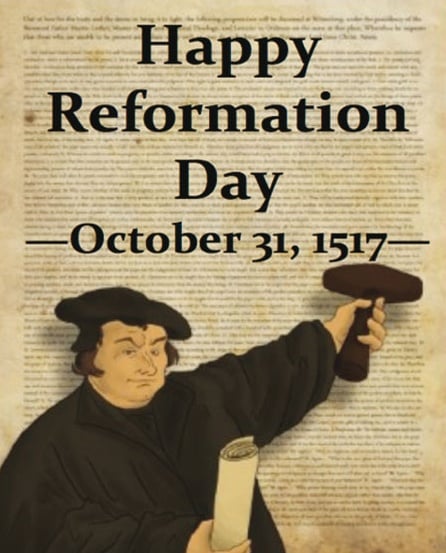
What is Reformation Day?
Reformation Day is celebrated annually on October 31st, commemorating the day in 1517 when Martin Luther famously nailed his 95 Theses to the door of the Castle Church in Wittenberg, Germany. This act is widely regarded as the catalyst for the Protestant Reformation, a movement that fundamentally changed the Christian church and drew millions away from the Roman Catholic Church.
The Importance of Reformation Day
The significance of Reformation Day transcends its historical context; it symbolizes the emergence of diverse Christian denominations and the ongoing dialogue concerning faith and religious practice. Luther’s Theses challenged the Catholic Church’s practices, particularly the sale of indulgences, and emphasized the importance of scripture and personal faith. It laid the foundation for a new interpretation of Christianity, leading to various branches such as Lutheranism, Calvinism, and Anglicanism.
Current Observances and Events
In modern times, Reformation Day is observed by many Christian denominations worldwide, especially within Protestant communities. Church services, workshops, and educational sessions are held to reflect on the significance of the Reformation. Many congregations use this day as an opportunity to promote unity among Christians while acknowledging the diverse interpretations of faith and practice that emerged from Luther’s call for reform.
Reflection and Impact
The impact of the Reformation continues to influence contemporary discussions on authority, scripture, and faith communities. It raises important questions about the nature of belief and how religious traditions adapt to societal changes. During Reformation Day, many Christians engage in reflective practices, contemplating their faith’s roots and the importance of reforming church practices to align more closely with their understanding of scripture.
Conclusion
As we observe Reformation Day, it is essential to recognize its role not just as a historical event but as an ongoing narrative within Christianity. The themes of reform, faith, and dialogue remain relevant today, making it crucial for individuals and communities to reflect on their beliefs and the paths that lie ahead. In a world where religious identity is increasingly complex, Reformation Day serves as a reminder of the power and importance of questioning and understanding one’s faith.



